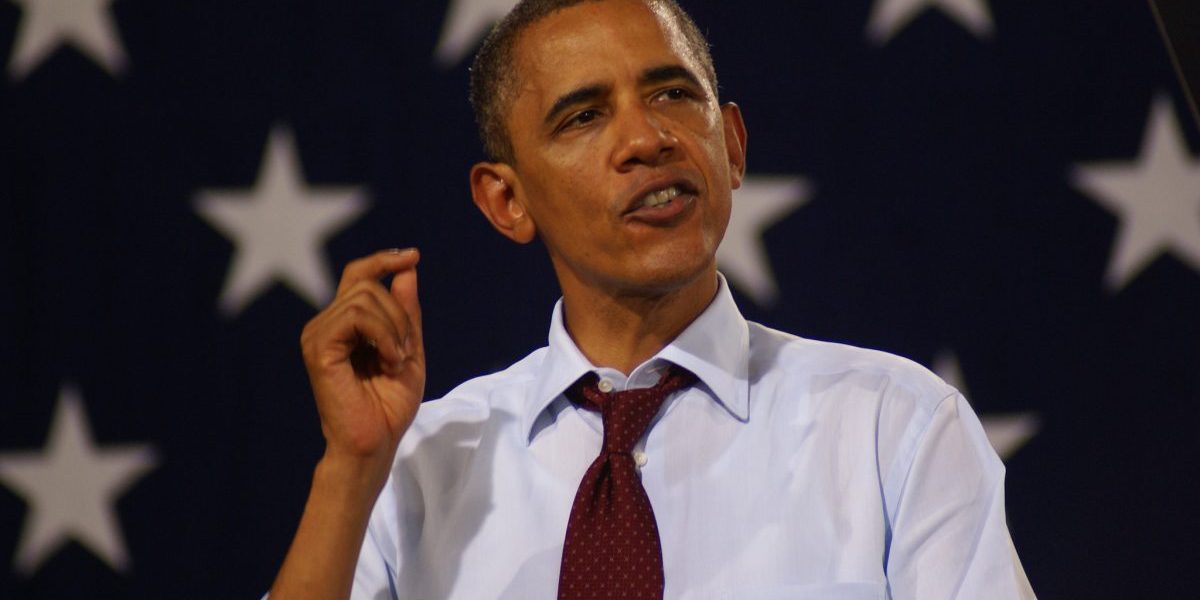The response to Obama’s conquest of these challenges across Africa has been, unsurprisingly, euphoric. Most obviously due to Obama’s Kenyan heritage – and as many have been quick to note, the almost involuntary inspiration that Obama’s mix of intellect and emotional intelligence often evokes.
But apart from the goodwill that Obama’s election elicits – there are crucial lessons to be gleaned on the importance of active citizenship and of ordinary citizens taking full responsibility for the direction that their democracy takes. Several across the African continent would do well to emulate the example set by ordinary U.S. citizens who have, through the election of Obama, painted a vivid picture of a democracy that has indeed come of age.
However, it is Africa’s broad network of Civil Society Organizations (CSOs) seeking to change the continent that has a rich case study of an effective grassroots movement to glean lessons from – particularly given the spirit of volunteerism and civic participation that buoyed Obama’s bid for the presidency.
Equally important, Obama’s successful campaign communicates positive lessons on financial independence that several in civil society in Africa could benefit from: The U.S.’s Federal Election Commission reveals that the presidential bid raised in excess of U.S.$ 745 million and a surplus of close to U.S.$ 30 million over the course of his campaign in December 2008 data. While raising similar amounts within several African countries is unfathomable for widely known reasons including markedly low levels of per capita income, exorbitant costs of living and overstretched households budgets across the continent: there are instructive principles to be gleaned by civil society organizations from the success of the ‘Obama movement’.
The first is that the effectiveness, credibility and relevance of activism depend on whoever foots the bill. Or, stated differently, he who pays the piper very often calls the tune. Arguably, the Obama run for the White House has managed to make history for its ability to speak truth to power and actively question authority: based on courage gained from being “of the people, by the people and for the people”, financially speaking.
Regrettably, calls for change in Africa often lack the strength of conviction that has buoyed the U.S.’s first African-American to power – not due to a lack of good ideas or of earnest intentions but often owing to CSOs whose parameters are often restricted by commitments to hands that feed them. In other words, civil society calls for “change” are often undermined by a need to remain well-funded and to “keep donors happy”, according to representatives of influential western donor countries interviewed for this piece in various African countries.
Granted, donor funding is oftentimes critical to advancing the work of highly competent and impactful African CSOs. Most notably, foreign-funds are often vital to strengthening the critical role that CSOs play in public service delivery in lieu of governments who lack the capacity to fully meet the need for social services. CSOs promoting democracy but lack strong membership bases have also managed to contribute to an increasingly peaceful African continent – thanks in large part to foreign donor funding.
Nonetheless, if African CSOs are to be authentically credible, a similar fundraising model to that of Obama’s grassroots movement that coupled voluntary popular giving with larger contributions – should be more widely adapted across the continent. Indeed, broader voluntary funding could afford CSOs greater independence to tackle issues relevant to African citizens.
Weaning CSOs of donor funding and developing financially independent organizations, however, is unlikely to be a painless process. Yet, African civil society have the imperative to develop a clear vision of their goals, educate and rally popular support for their causes and develop creative, relevant ways of stirring ordinary citizens to make financial and other voluntary sacrifices. This is the crucial message that the successful Obama campaign conveys to African CSOs.








